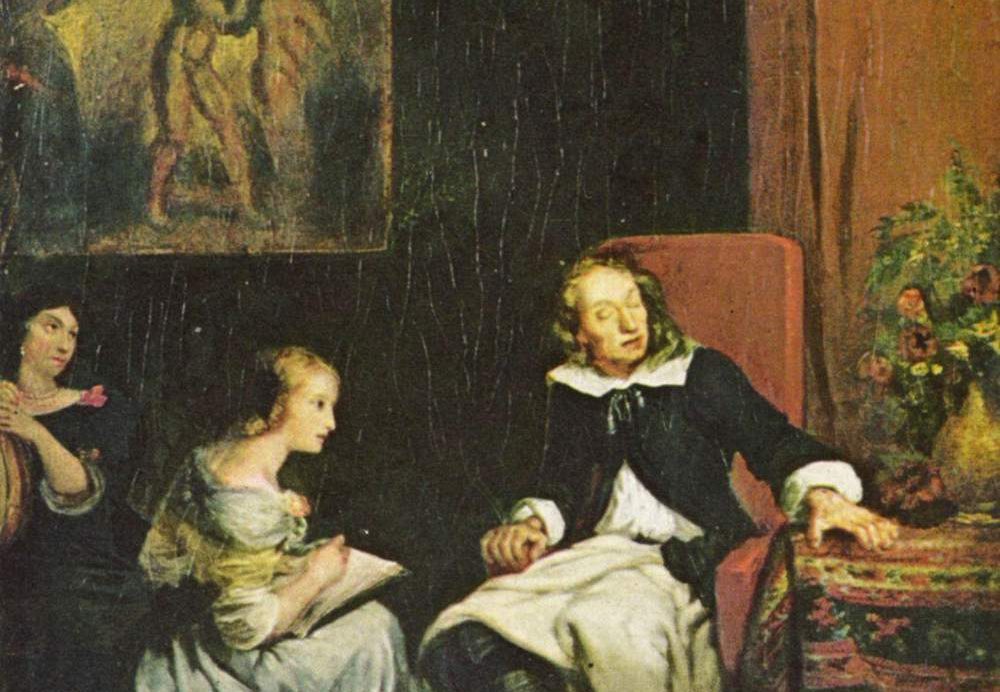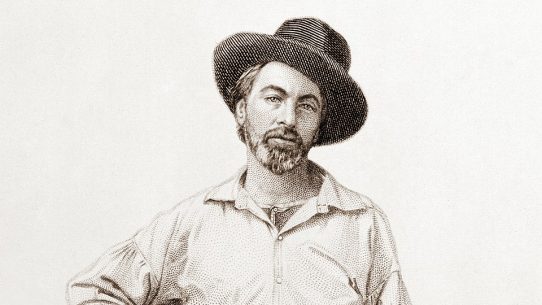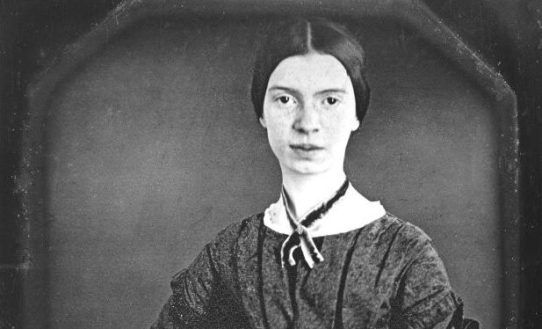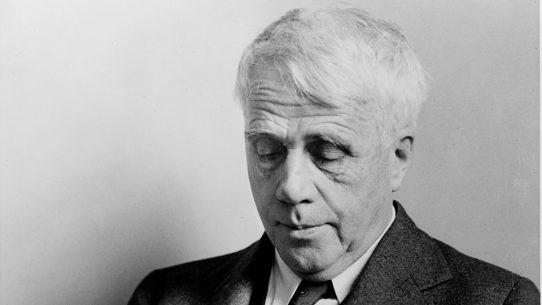John Milton (1608–1674) was one of the most profound and influential figures in English literature. A poet, polemicist, and visionary thinker, he bridged the worlds of Renaissance humanism and Puritan faith, producing works that forever altered the landscape of English poetry and political thought.
His masterpiece, Paradise Lost, stands as one of the greatest epics in any language—an exploration of creation, rebellion, and redemption that continues to define moral and literary inquiry.
Early Life and Education
Milton was born on December 9, 1608, in Bread Street, London, into a well-to-do family. His father, John Milton Sr., was a scrivener and composer of music, while his mother, Sara Jeffrey, came from a devout and generous family. Milton grew up in an environment of both intellectual seriousness and religious devotion, a foundation that would deeply inform his later works.
He received his early education at St. Paul’s School, where he showed exceptional aptitude for languages and classical literature. His education continued at Christ’s College, Cambridge, beginning in 1625. There he mastered Latin, Greek, Hebrew, and several modern languages, eventually earning his M.A. in 1632.
Despite the promise of an academic or ecclesiastical career, Milton resisted conventional paths, sensing that his vocation lay elsewhere — he later described his years of study as a period of “industrious and select reading” in preparation for a great poetic mission.
Poetic Beginnings
After leaving Cambridge, Milton withdrew to his family’s countryside home in Horton, Buckinghamshire. This period, from 1632 to 1638, was one of quiet devotion to learning and poetry. Here he wrote many of his early works, including L’Allegro and Il Penseroso — twin pastorals contrasting the cheerful and contemplative modes of life.
He also composed Comus (1634), a masque blending moral allegory with lyrical grace, and Lycidas (1637), a pastoral elegy mourning the death of his friend Edward King. These early poems display Milton’s mastery of classical forms, his command of musical language, and his moral seriousness. Even in youth, he saw poetry as a form of service — a means to express divine truth and human virtue.
Travels and Political Awakening
In 1638, Milton embarked on a grand tour of Europe, visiting France, Switzerland, and Italy. He met prominent intellectuals such as Galileo, whose scientific defiance of authority impressed him deeply. Milton’s travels broadened his cultural and philosophical horizons, reinforcing his belief in the union of learning, liberty, and moral responsibility.
Upon his return to England in 1639, he found his country in turmoil. Tensions between Parliament and King Charles I were escalating toward civil war. Milton, though initially devoted to literature, became increasingly engaged in the moral and political struggles of his time. His intellectual conscience would soon lead him to exchange poetry for polemics.
Milton the Pamphleteer
From 1641 to 1660, Milton’s literary output was dominated by prose rather than poetry. He became one of the most passionate voices of the Puritan and republican cause. His writings from this period address issues of church reform, individual conscience, divorce, education, and press freedom.
Among his most celebrated works is Areopagitica (1644), a bold plea against censorship. In it, Milton argues that truth emerges through open encounter and debate, not suppression—a revolutionary concept that would later influence the development of liberal democracies. He wrote, “Give me the liberty to know, to utter, and to argue freely according to conscience, above all liberties.”
Milton also served as Secretary for Foreign Tongues under Oliver Cromwell’s Commonwealth, translating official correspondence into Latin and defending England’s new republican government before foreign powers. His pen became both sword and shield, waging ideological war through the power of words.
Blindness and the Later Epics
By the early 1650s, Milton had gone completely blind, likely due to glaucoma. His physical blindness, however, became a metaphorical source of spiritual insight. In his later works, he depicted vision not as sight but as revelation—an inward light granted by God.
After the Restoration of Charles II in 1660, Milton’s world collapsed. The republic was destroyed, his political writings were condemned, and he was briefly imprisoned. Yet in adversity, he returned to poetry with renewed purpose. Dictating to his daughters and assistants, he composed Paradise Lost (1667), Paradise Regained (1671), and Samson Agonistes (1671).
Paradise Lost and the Problem of Freedom
Paradise Lost remains Milton’s crowning achievement—a vast, twelve-book epic recounting the fall of Satan and the disobedience of Adam and Eve. Written in majestic blank verse, it seeks to “justify the ways of God to men.” The poem’s moral drama unfolds across heaven, hell, and earth, confronting questions of free will, authority, and moral choice.
Satan’s defiance and rhetorical brilliance make him one of literature’s most compelling characters, embodying the tension between heroic ambition and destructive pride. Adam and Eve’s fall, meanwhile, is portrayed not as catastrophe but as the beginning of human self-awareness and redemption. Through his epic, Milton transforms theology into art, weaving moral philosophy into the very rhythm of his language.
Other Major Works
Paradise Regained revisits the theme of temptation through Christ’s spiritual victory over Satan, while Samson Agonistes draws on the biblical Samson as an emblem of suffering and redemption. Blind, defeated, and inwardly resolute, Milton’s Samson is often seen as a reflection of the poet himself—humbled yet unbroken, a man whose faith survives catastrophe.
Milton also completed a history of England, a Latin grammar, and several theological treatises during his later years. These works reveal his continued dedication to learning and his belief that language, properly used, could serve divine truth.
Final Years and Legacy
Milton spent his final years in quiet retirement in London, dictating his thoughts to friends and family. He died on November 8, 1674, and was buried in St. Giles Cripplegate. Recognition came slowly; his politics had made him unpopular among royalists, but his genius could not be ignored for long. By the eighteenth century, he was hailed as one of the greatest poets of the English canon.
Milton’s influence on later writers is immense. Poets such as William Blake, Percy Bysshe Shelley, and John Keats regarded him as both model and challenge—an artist whose moral scope and linguistic power set a standard few could equal. His ideas about freedom of conscience, government by reason, and the dignity of the individual also helped shape the intellectual foundations of the Enlightenment.
Style and Themes
Milton’s style combines classical precision with prophetic intensity. His blank verse gives English poetry an unprecedented depth and gravity, while his syntax—long, complex, and Latinate—mirrors the intellectual reach of his thought. He was equally at home in musical lyricism and rigorous argument.
Thematically, Milton’s work wrestles with freedom and obedience, light and darkness, fall and redemption. His poetry reflects a lifelong tension between the authority of divine law and the autonomy of the human will. In his world, suffering is not merely punishment but the crucible of spiritual growth.
Enduring Significance
John Milton stands as both poet and prophet—a man who saw literature as moral vocation. His fusion of intellect, imagination, and conviction produced works that transcend their historical moment. In an age when language itself was a battlefield, Milton proved that poetry could be both the highest art and the fiercest weapon of truth.



